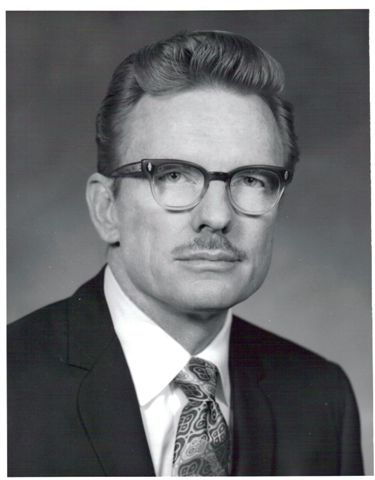The Rational Definitions of Time, Space, and Force
Year: 2011 Pages: 7
Of all the achievements attributed to Einstein, by far the most notable was his origination of the special and general theories of relativity. However, it is the writers contention that the concepts of relativity have been an impediment to the rational progress of science for the last hundred years. Whereas it has always been assumed that the scientific process was based on sound, verified facts, systematically accumulated and woven into a tapestry of rational, understandable knowledge, such has not been the case since the inception of relativity. The ingredient that is missing in relativity is "rationality"; also known as "common sense." The truth of this statement is best expressed in the preface to the recent book by Eric Chaisson, Relativity, Black Holes, and the Fate of the Universe, in which the author states -- with regard to relativity -- ?I suggest that anyone willing to forgo common sense and human intuition can grasp the essentials of this, the grandest accomplishment of the physical sciences.? Although this statement clearly indicates the condition of relativity (that it lacks common sense), the reason for its being in that condition is best explained by the following statement from Einstein's Herbert Spencer lecture of 1933: ?Pure logical thinking cannot yield us any knowledge of the empirical world; all knowledge of reality starts from experience and ends in it.? However, It is the purpose of this paper to show how ?pure logical thinking? will reveal the impossibilities that are inherent in the theories of relativity.


